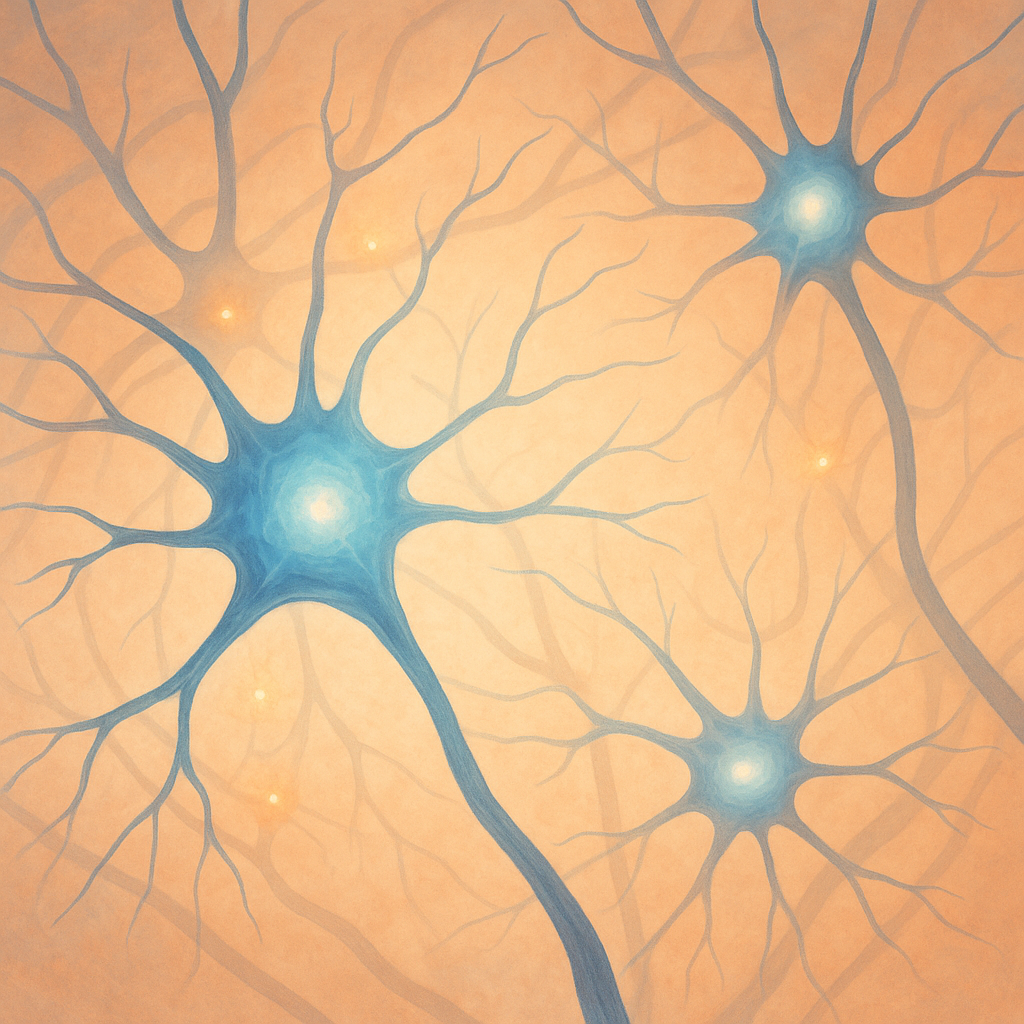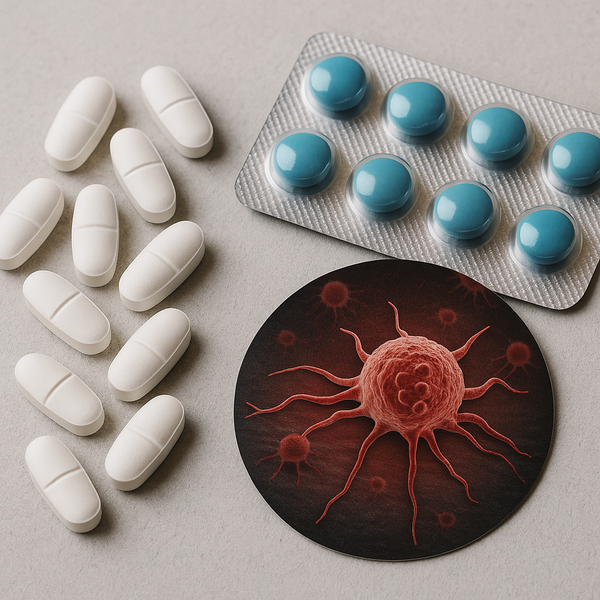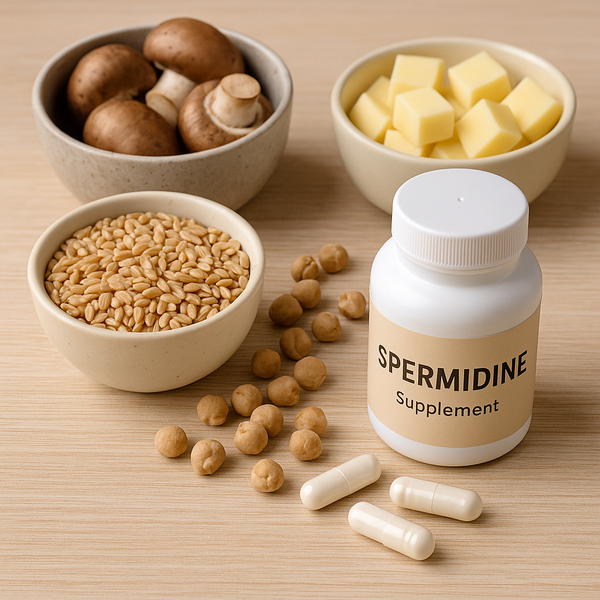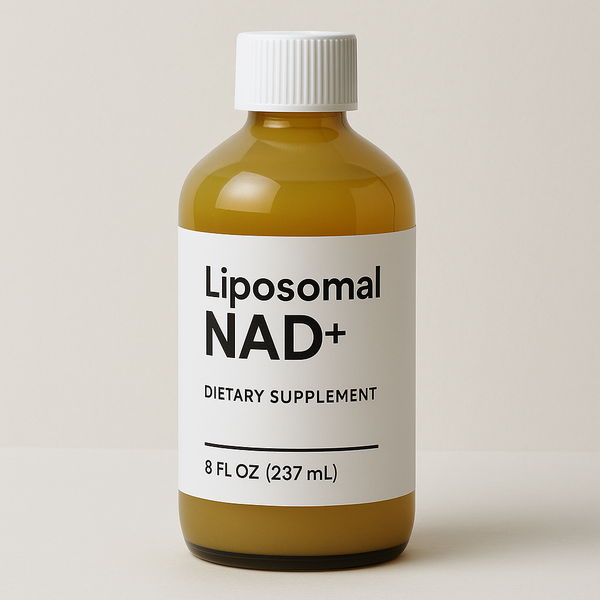Lithium After Brain Injury: Exploring Neuroprotection and Recovery

Traumatic brain injury (TBI) can leave lasting damage, disrupting cognition, mood, and neural communication for years after the initial event. While most people associate lithium with psychiatric use, emerging research suggests that it may hold powerful potential for brain recovery following injury. Both the pharmaceutical form, lithium carbonate, and the supplemental microdose form, lithium orotate, appear to influence cellular resilience, neuroplasticity, and inflammation in ways that could support neurological repair.
The Neurobiology of TBI and Cellular Damage
A TBI triggers a cascade of metabolic chaos inside the brain. Within minutes, neurons experience ionic imbalance, oxidative stress, mitochondrial dysfunction, and widespread inflammation. The result is an environment that can accelerate cell death (apoptosis), impair synaptic communication, and disrupt energy metabolism in neural circuits responsible for memory, emotion, and movement.
The body attempts to repair this damage, but often struggles against persistent inflammation and impaired mitochondrial energy output. That’s where lithium’s unique neuroprotective properties become relevant.
Lithium’s Mechanisms in Neuroprotection
Lithium works through multiple overlapping pathways that converge on brain resilience. Among the most studied mechanisms:
- GSK-3β Inhibition: Lithium inhibits glycogen synthase kinase-3β (GSK-3β), an enzyme involved in neuroinflammation, apoptosis, and tau protein hyperphosphorylation. Inhibiting GSK-3β reduces cell death and may protect against secondary injury cascades after TBI.
- BDNF Enhancement: Lithium has been shown to increase brain-derived neurotrophic factor (BDNF), a protein that stimulates the growth and survival of new neurons and synapses. This is particularly critical after TBI, when neurogenesis and plasticity are impaired.
- Mitochondrial Stabilization: Lithium preserves mitochondrial membrane potential, improving ATP production while decreasing the release of reactive oxygen species. This effect directly supports cellular energy and survival.
- Inflammatory Modulation: Animal studies show lithium reduces microglial activation — a key driver of chronic neuroinflammation — and enhances antioxidant defenses through pathways like Nrf2.
Lithium Carbonate: Clinical and Research Evidence
The majority of human research involves lithium carbonate, the form prescribed for mood stabilization. However, several preclinical studies have expanded its potential role in brain trauma:
- Animal Models: Rats given lithium carbonate after induced TBI showed significantly reduced lesion size, improved spatial learning, and better neuronal survival compared to controls.
- Neurogenesis: Lithium’s ability to increase hippocampal neurogenesis has been replicated across multiple models of ischemia and injury.
- Mood and Cognition: In humans with TBI-related depression or cognitive decline, lithium therapy has improved mood stability and attention — although dosages must be carefully monitored due to its narrow therapeutic window.
Lithium carbonate’s strength lies in its robust, dose-dependent impact on intracellular signaling. However, this comes with the need for medical supervision, blood monitoring, and caution in those with kidney or thyroid issues.
Lithium Orotate: Microdose and Accessibility
Lithium orotate provides an over-the-counter, low-dose alternative that delivers lithium ions bound to orotic acid. While the elemental lithium content is far lower than in prescription forms, studies suggest even microgram-to-milligram doses can influence neural function and inflammation markers.
Animal research and early human studies indicate that lithium orotate may cross the blood–brain barrier more efficiently, providing cellular benefits at much lower concentrations. Anecdotally, individuals with mild cognitive or emotional symptoms after head trauma report improvement in mood stability, sleep, and cognitive endurance.
It’s important to emphasize that while lithium orotate may offer neuroprotective support, it’s not a substitute for medical treatment after a moderate or severe TBI. Instead, it may serve as a preventive or adjunctive supplement supporting long-term brain health and recovery.
Balancing the Evidence: Dose, Safety, and Strategy
The therapeutic potential of lithium lies in its dose-dependent duality: too little may be ineffective, too much may be toxic.
- Prescription Range: Lithium carbonate (typically 300–1200 mg daily) produces serum levels of 0.6–1.2 mEq/L — effective for psychiatric conditions but requiring monitoring.
- Supplemental Range: Lithium orotate provides 1–5 mg of elemental lithium — far below pharmacological doses — generally considered safe for short- to moderate-term use.
While definitive clinical trials on lithium and TBI recovery are still limited, the convergence of animal data, mechanistic plausibility, and early clinical outcomes suggests that lithium may enhance the brain’s natural capacity to heal.
Recovery after brain injury remains one of medicine’s most complex frontiers. Yet lithium — a mineral once seen only through the lens of psychiatry — may represent a small but powerful tool in supporting neuroplasticity, mitochondrial function, and cellular recovery after trauma. As research evolves, this simple element could redefine how we approach long-term neurological resilience.
Sources
- Chiu C-T, Wang Z, Hunsberger JG, Chuang D-M. Therapeutic potential of lithium in traumatic brain injury and neurodegenerative diseases. Frontiers in Molecular Neuroscience. 2013.
- Yoshida T, et al. Lithium’s neuroprotective mechanisms in TBI through GSK-3β inhibition. Neuroscience Letters. 2011.
- Nonaka S, et al. Chronic lithium treatment upregulates BDNF and NGF in the rat brain. Brain Research. 1998.
- O’Donnell JM, Gould TD. The behavioral actions of lithium in preclinical models. Neuroscience and Biobehavioral Reviews. 2007.
- Nie CL, et al. Lithium orotate as a low-dose lithium supplement: pharmacokinetics and safety profile. Biological Trace Element Research. 2015.
- Tchantchou F, et al. Lithium treatment reduces neurological deficits and brain lesion size following TBI in mice. Neuroscience. 2005.



